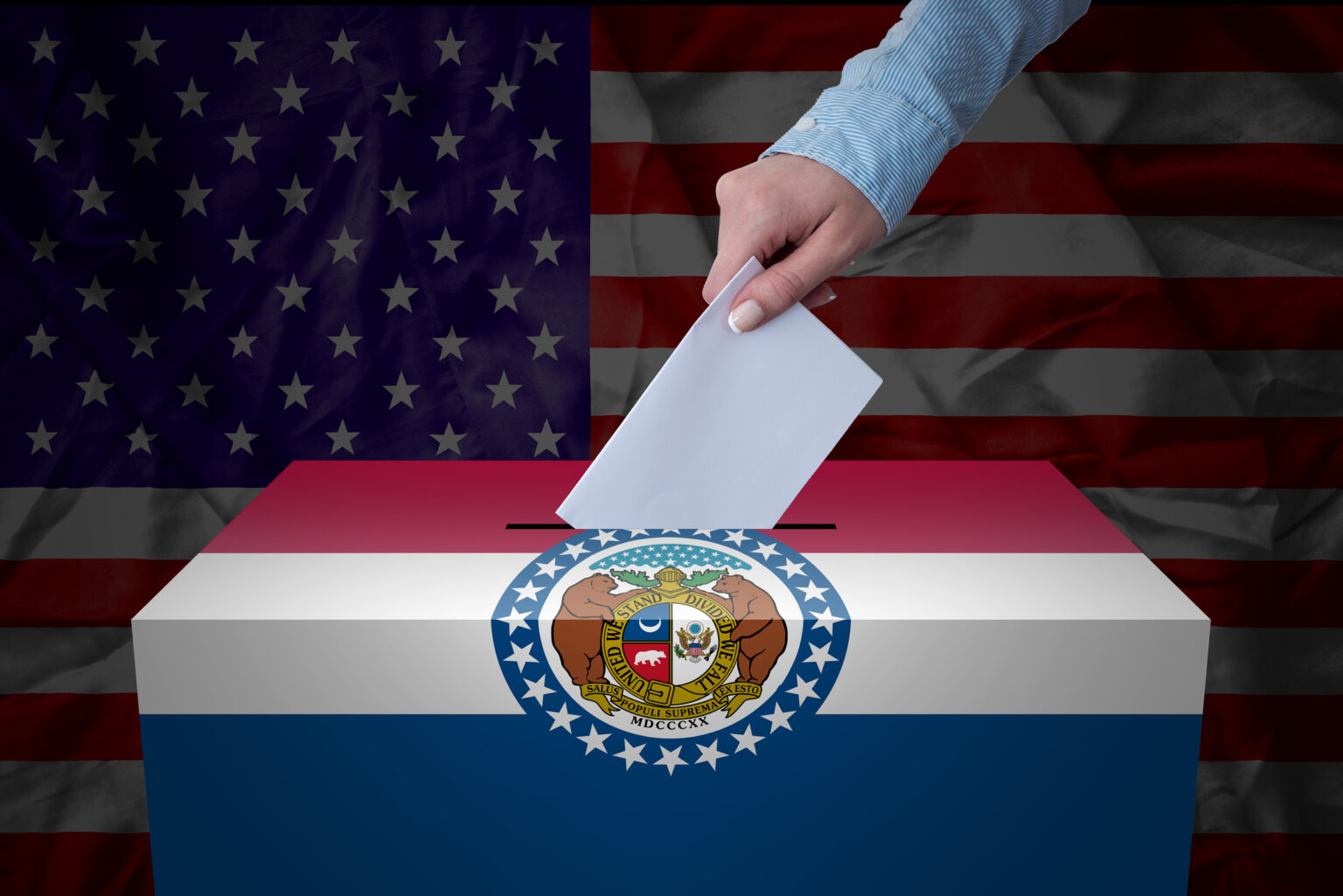5:50
Commentary
The initiative petition process is the means by which we as citizens can directly participate in our democracy. Preserving that right could not be more important than when it comes to amending our state constitution.
Being able to continue to do that without hurdles and encumbrances survived — at least until the next Missouri legislative session.
Thanks to an historic filibuster, a convoluted and misleading bill that would make it more difficult for Missourians to pass an initiative petition that amends the state constitution failed to pass this year.
Why should we care? For three major reasons.
First, the motives for changing the current process to amend the state constitution.
Second, the deceiving and misleading language that was included in the bill.
Third, the long-term effects of what those proposed changes would mean to citizens of Missouri.
Currently, any initiative petition to amend the state constitution can pass with a simple majority of votes.
The proposed changes would have made a simple process more complex by requiring that any amendment to the constitution can pass only if it is approved by both a majority of votes statewide and a majority of votes in five of the state’s eight congressional districts.
Why the dual requirement? Why complicate the process by getting rid of the fundamental tenet of “majority rule” that has guided our democratic process?
It is the abortion issue — the fear is that an initiative petition to amend the state constitution to protect abortion rights will be on the ballot in November. Abortion has been illegal in the state, except for medical emergencies, since 2022.
Citizens groups that have been working to get the initiative on the ballot appear to have turned in more than the required signatures.
Today, it is the abortion issue that drove legislators to try to change the requirements to amend the state constitution. Tomorrow it could be voting rights, gun legislation, public education. You name it.
As concerned citizens, we should also be alarmed about the tactic of embedding what legislators have named “ballot candy” in the bill.
The name itself should give us pause. What is “ballot candy?”
It is language in the bill that would bar non-citizens from voting and ban foreign entities from contributing to or sponsoring constitutional amendments. This is deliberately deceptive and misleading because both are already illegal.
So why include alarmist, false, fear-mongering rhetoric about things that are already illegal? To garner support for voters to pass an amendment to the constitution that is really not in their best interest.
This brings us to the third reason why we should be concerned about this bill eventually passing.
It will further obstruct our ability to participate in the public policy process directly and independently.
We already elect representatives who may or may not fight for our interests, or the reasons why we voted for them in the first place, once they get into office.
In the midst of all the finger pointing about why the bill failed to pass during this session, the new presumptive speaker of the House made it clear that the urgency to pass a bill to change how the state constitution is amended will still exist when the new legislative session convenes next year.
There is time to organize and make a concerted effort to communicate your wishes to your elected representatives. At a minimum, citizens must remain vigilant.
Whether you are in favor of keeping in place the existing requirement of a simple majority vote to amend the state constitution, or prefer that the requirement be changed to make it more difficult, you have an opportunity — if not indeed an obligation — to make your preference known.
Passage of a bill that makes the petition initiative process more difficult for citizens would have long-term implications for a number of laws and policies that will dictate how we live and our quality of life in the future.
Do we care?
Our stories may be republished online or in print under Creative Commons license CC BY-NC-ND 4.0. We ask that you edit only for style or to shorten, provide proper attribution and link to our website. AP and Getty images may not be republished. Please see our republishing guidelines for use of any other photos and graphics.






Janice Ellis